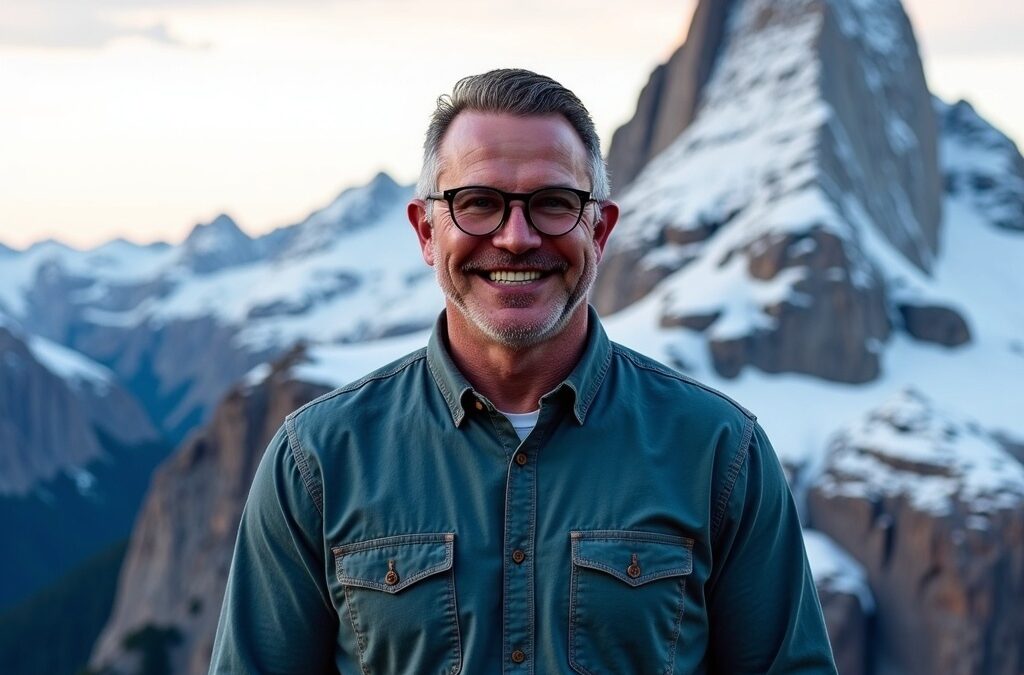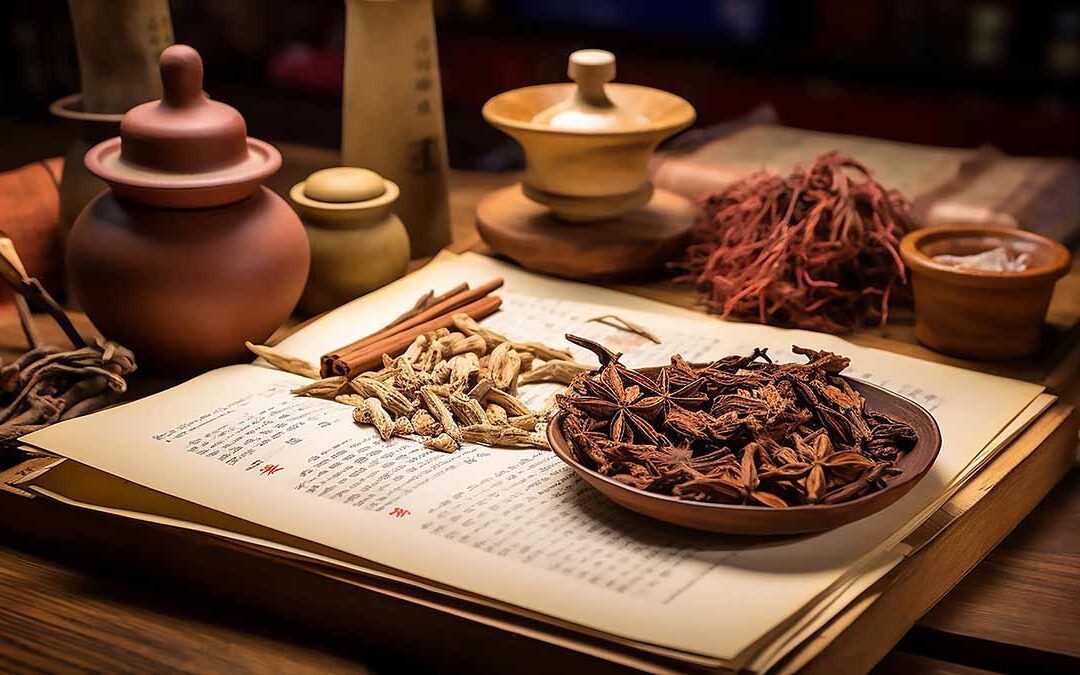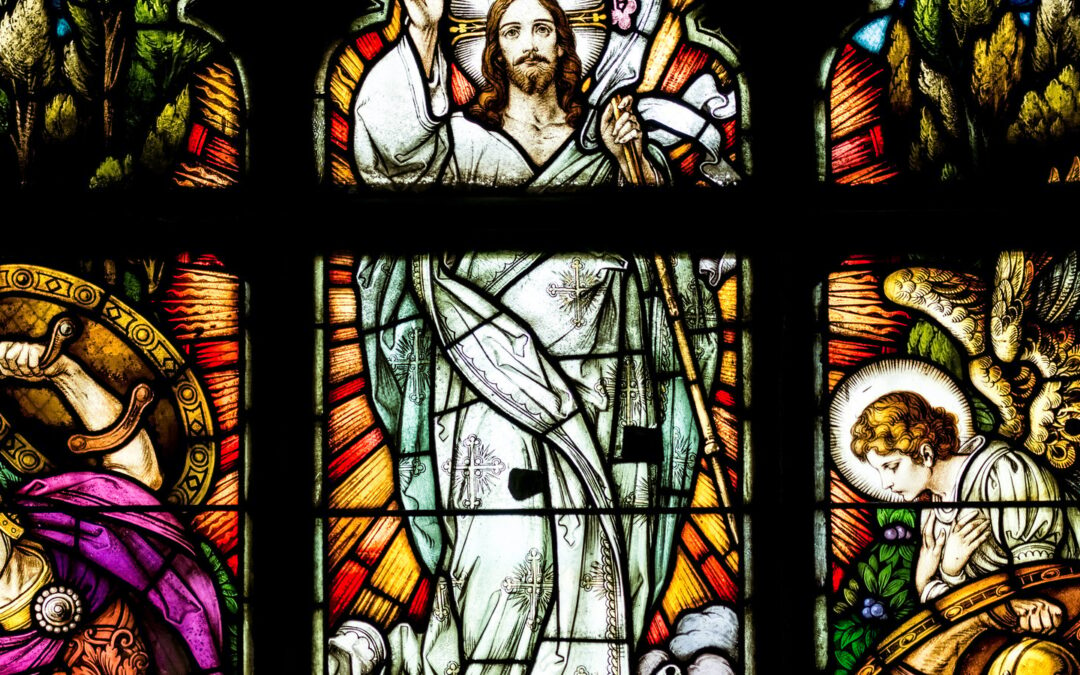September 1, 2001, marked the start of a new chapter in my life. I had just begun my practice as an orthopedic oncologist at NYU Hospital for Joint Diseases and Bellevue Hospital. Ten days later, that chapter was forever altered.
On the morning of September 11th, I was urgently called to Bellevue while the Twin Towers were falling. That evening, I was sent to Ground Zero as part of a team of surgeons equipped to perform field amputations, procedures that could save the lives of those trapped under the massive debris. We carried our instruments and training, but tragically, our skills were never used.
There were no survivors to save.
Walking through the ruins that night felt surreal. The city I loved was cloaked in dust and fire; the silence was broken only by the sounds of collapse.
Crushed cars lined the streets. The air was thick with the smell of smoke, dust, and death.
I remember stepping on a torn page from an encyclopedia. A section on Bone Tumors, my field. In that moment, it felt like a sign, a reminder that even in such darkness, I had a responsibility to use my gifts for good.
When I returned home the next morning, I sealed away my scrubs, my shoes caked with dust, and those encyclopedia pages in a bag. For twenty-one years, I could not bring myself to open it. The memories were too raw, the images too vivid. But in 2022, I decided it was time. I donated those items to the 9/11 Memorial & Museum so that the story of that day, and the countless lives it touched, would never be forgotten.
What haunts me most are not only the images of destruction but the aftermath.
Every day, on my way to work, I passed blocks lined with shrines, photos of the missing, flowers, candles, and desperate families waiting for answers. They would stop me, show me pictures, grab my hands, and ask me to pray with them. I could see the trauma etched on their faces.
That human suffering left an imprint on me far deeper than the ruins at Ground Zero.
Looking back now, I realize how much that day shaped me. It strengthened my resilience. It sharpened my empathy. It deepened my sense of purpose, not just as a physician, but as a human being. Through tragedy, I gained a greater appreciation for life, for loved ones, for the relationships that sustain us.
I also learned that healing is not just about medicine, it is about compassion, presence, and connection.
To this day, I practice gratitude daily.
I am grateful for my family, my son, my friends, my patients, and my colleagues.
I am grateful for the chance to use my skills to save lives and limbs.
And I am grateful for the reminder that, even in moments of unspeakable loss, there is goodness in humanity. We saw it in the selflessness of first responders, in the tireless efforts of volunteers, and in the quiet resilience of families who carried on.
As we approach the 24th anniversary of the attacks on the World Trade Center, let us remember the lives lost, the families forever changed, and the countless heroes who stepped forward.
Let us also carry forward the lessons that life is fragile, that relationships are sacred, and that our purpose is best lived through compassion, gratitude, and service to others.
We must never forget.
With gratitude and eternal faith,
Jim



